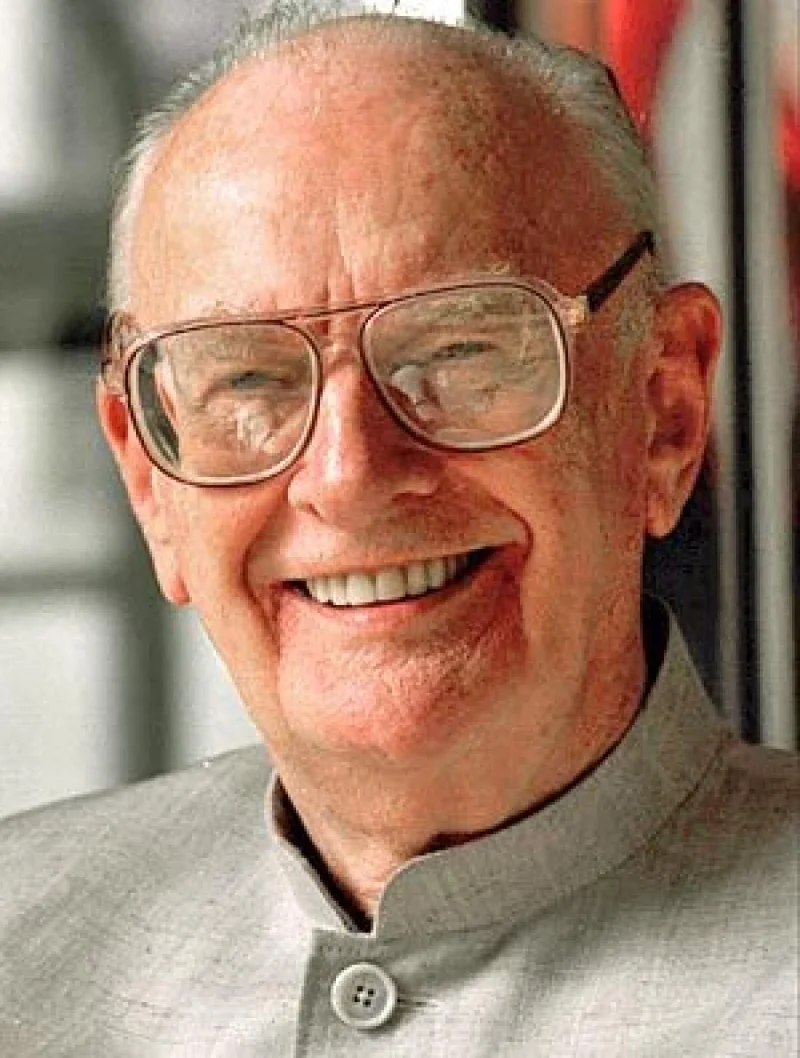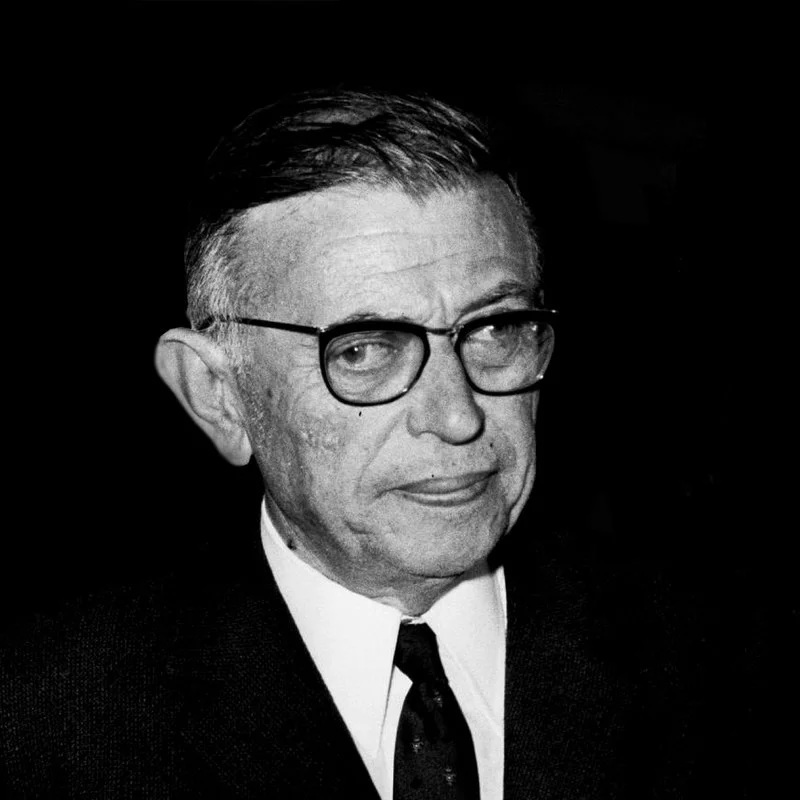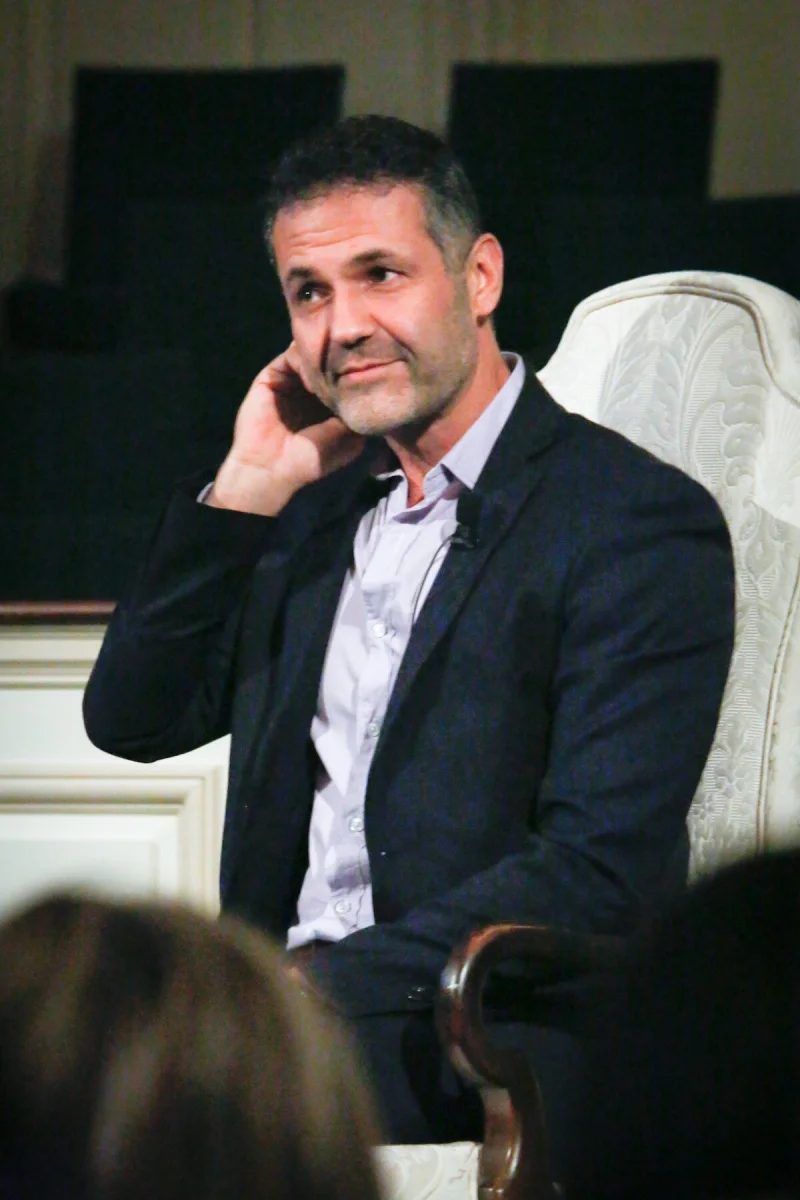Short Summary
Arthur C. Clarke was a British science fiction writer and futurist, best known for his novel "2001: A Space Odyssey," which became a landmark film directed by Stanley Kubrick. Clarke's work explored themes of space exploration, technology, and the future of humanity, earning him a reputation as a visionary thinker. His contributions to literature and science have made him an enduring figure in both fields.
Early Life & Education
Arthur Charles Clarke was born on December 16, 1917, in Minehead, Somerset, England. He grew up in a small rural town, where he developed a fascination with the night sky and space exploration. Clarke attended Huish Grammar School in Taunton and later pursued his passion for science and technology at King's College, London. During World War II, he served in the Royal Air Force as a radar specialist, which further fueled his interest in scientific innovation and futuristic concepts. This background significantly influenced his later work in both fiction and non-fiction writing.
Career Highlights
Clarke began his literary career in the late 1940s, quickly establishing himself as a prominent science fiction writer. His collaboration with Stanley Kubrick on "2001: A Space Odyssey" in the 1960s marked a turning point, bringing him international fame. Clarke also wrote numerous other influential novels, including "Rendezvous with Rama" and "Childhood's End." Beyond fiction, he was an advocate for space exploration and technology, famously proposing satellite communication systems in 1945, which later became a reality. His work consistently bridged the gap between scientific possibility and imaginative storytelling.
Major Achievements
- Published "2001: A Space Odyssey," a seminal work in science fiction literature and film.
- Proposed the concept of geostationary communication satellites in 1945, a cornerstone of modern telecommunications.
- Authored over 100 books, influencing generations of readers and thinkers in the fields of science fiction and futurism.
Famous Quotes
- "Any sufficiently advanced technology is indistinguishable from magic."
- "The only way to discover the limits of the possible is to go beyond them into the impossible."
Interesting Facts
- Clarke was knighted by Queen Elizabeth II in 1998 for his contributions to literature and science.
- He spent much of his later life in Sri Lanka, where he enjoyed scuba diving and exploring underwater mysteries.
- Clarke's concept of satellite communications laid the groundwork for the modern telecommunications industry.
Legacy / Influence
Arthur C. Clarke's legacy endures through his visionary works that continue to inspire scientists, writers, and futurists. His ideas about space exploration and technology have influenced scientific advancements and popular culture alike. Clarke's ability to blend scientific plausibility with imaginative narratives has cemented his status as one of the most influential science fiction writers of the 20th century.
FAQ
Q: Why is Arthur C. Clarke famous?
A: Clarke is famous for his science fiction writing, particularly "2001: A Space Odyssey," and his visionary ideas about space exploration and technology.
Q: What did Clarke contribute to telecommunications?
A: Clarke proposed the concept of geostationary satellites, which are vital to modern communication systems.
Q: What are some other notable works by Clarke?
A: Other notable works include "Rendezvous with Rama" and "Childhood's End."
Q: Where did Clarke spend his later years?
A: He spent much of his later life in Sri Lanka, where he pursued interests such as scuba diving.










